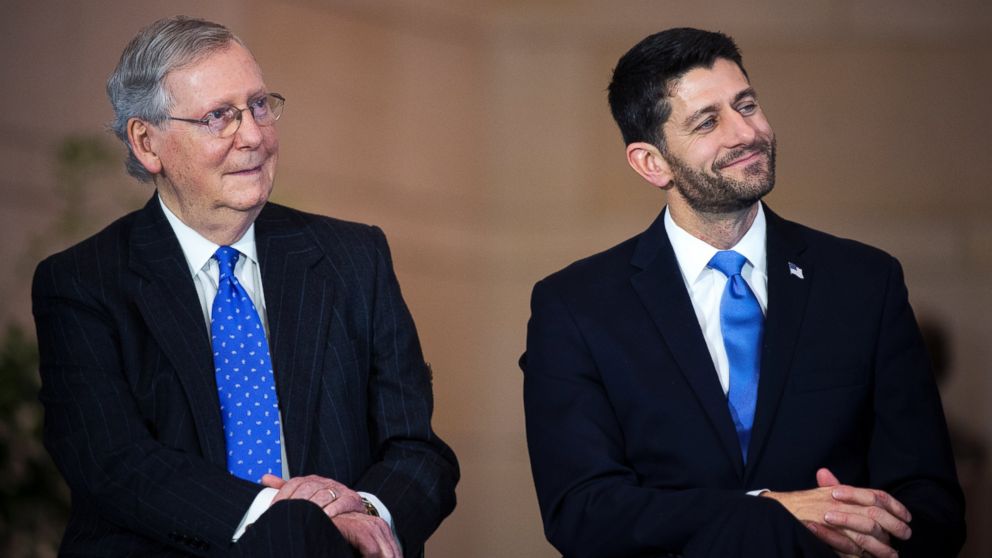What Congress Has Planned for 2016
Lawmakers have a full agenda for President Obama's final year in office.

— -- Looking for your congressman in the new year? Try the campaign trail.
After a productive and tumultuous 2015, lawmakers begin 2016 with roughly 30 work weeks on the schedule, a lighter load meant to accommodate the presidential conventions in July and reelection races.
Lawmakers still have a full agenda for President Obama's final year in office.
Here are some of the issues and themes to expect in the second session of the 114th Congress in 2016:
NATIONAL AND HOMELAND SECURITY
Recent terror attacks in California and Paris have shifted Congress’ focus on thwarting potential attacks at home to preventing would-be terrorists from entering the United States.
House lawmakers, concerned that terrorists could sneak into the United States as refugees after the Paris attacks, passed a bill to stop the migration of Syrian and Iraqi refugees into the U.S. Senate Majority Leader Mitch McConnell (R-KY) has signaled that the Senate will consider refugee legislation in early 2016.
Members are also reviewing the vetting process in the immigration system and studying the question of policing encrypted communications.
THE WAR ON TERROR
Expect debate over declaring war on ISIS to continue into 2016. House Speaker Paul Ryan says Congress should vote on a new authorization for the use of military force (AUMF).
Lawmakers are at odds over what an AUMF should look like. Republicans don’t want to restrict the president’s authority, while Democrats want a more limited agreement.
Separately, Republicans are girding themselves for a fight with the administration over the closure of the Guantanamo Bay detention facility.
President Obama hopes to meet his campaign pledge to transfer all detainees and close the detention center – potentially with an executive order. But Republicans say such a move would violate prohibitions repeatedly put in place by Congress, raising the possibility of legal action.
LESS LEGISLATING, MORE CAMPAIGNING
Along with the Oval Office, 34 Senate seats and every House seat is up for grabs in 2016.
While Republicans will likely keep control of the House, Democrats see an opportunity in the Senate, where the GOP has 24 seats up for election – including several in purple states like Ohio and Wisconsin.
All that campaigning ahead of election day leaves less time on Capitol Hill. The House will be in session for 28 weeks in 2016 (compared to about 34 last year), while the Senate is in for 31 weeks (after 39 in 2015). And if they're in Washington, lawmakers won't just be legislating -- they'll also be focused on raising money for their campaigns.




